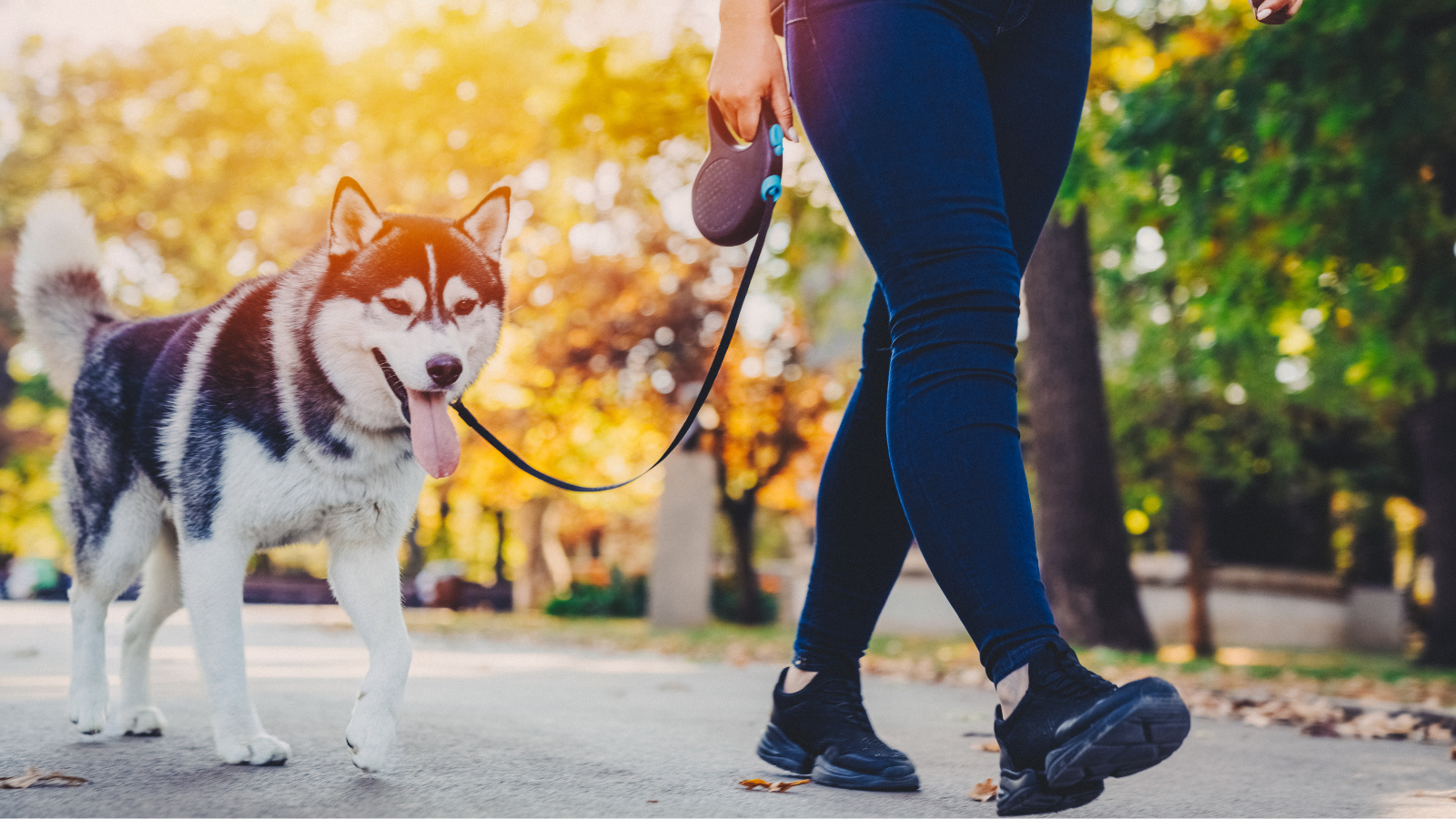
Exclusive: Australian dog owners can be fined hundreds for failing to dispose of their canine’s faeces.
However, a survey of 12 councils across seven states and territories has revealed these fines are rarely issued – and that could have implications for our health and environment.
Not only has dog waste been linked to human illness, including Salmonella, E.coli, Giardia, and certain antibiotic resistant bacteria, it’s also bad for our native plants and animals, according to one expert.
“While it’s tempting to think that ‘it’s just a part of nature’, we have to remember that it’s not really,” says urban diversity research fellow from the University of Melbourne, Kylie Soanes.
“The food that went into your dog didn’t come from the natural environment, so it’s adding new things (high nutrient, factory processed dog food) to the system.”
READ MORE: Australia’s 3G network is shutting down. This is what you need to know
Dog ownership has soared nationwide since the pandemic – with nearly half of all Australian households owning a dog – putting more canine droppings on our streets.
Research shows that dogs are often registered as a threat by native animals, which is commonly triggered by dog poo, while a recent Sydney study showed dog faeces washed into storm water are a significant contributor to water pollution
9news.com.au spoke to twelve local councils across all seven states and territories about their penalties for failure to remove dog faeces, which include on-the-spot fines and local court penalties, dictated by local and state government laws.
READ MORE: Everything you need to know about the upcoming local election
Only one local council – the City of Brisbane – had issued an on-the-spot fine for failure to dispose of dog faeces in the past year, while no court penalties were issued.
The City of Darwin, which reported the highest penalties, charges a whopping $528 on the spot for not disposing of dog droppings, as well as a maximum court-imposed penalty – when a magistrate imposes a fine as a criminal offence – of $9250.
“All of our parks and dog friendly public spaces have bins and litter bags available to make it quick and easy for people to do the right thing,” said a City of Darwin spokesperson.
READ MORE: What is Oropouche virus? The emerging threat identified by health officials
In New South Wales, an immediate penalty of $275 was consistent across Inner West, Kuring-gai, and Central Coast councils under the Companion Animals Act 1998, with a maximum court penalty of $880.
Queensland councils had the second largest fines of all states, with City of Brisbane and Moreton Bay councils reporting an on the spot penalty of $322, while City of Melbourne, Glen Eira Council (VIC), City of Adelaide, Onkaparinga (SA), and City of Hobart, also all reported an on-the-spot penalty of around $200.
“I can’t see fining people working, only because I can’t imagine the resources required to catch people in the act,” says Soanes.
A difficulty to identify offenders and lack of reporting by the public were the most reported reasons for the lack of fines for this offence across the country.
Despite the evidence that fines for dog behaviour are often ineffective, several South-east Queensland councils recently introduced fines of up to $2700 for owners leaving their dogs off-leash.
READ MORE: Telegram CEO freed from custody, will appear in court
“As you can appreciate, unless a council ranger happens to witness the offence [of leaving dog poo behind] it wouldn’t be possible to issue a fine, due to investigative restrictions such as identity of the dog and owner,” said an Onkaparinga council spokesperson.
Glen Eira Council in Victoria said that their most recent Official Warning was issued in October 2022, “where the offender was caught on a security camera ‘pretending’ to pick up the dog litter and did not return to remove it.”
READ MORE: How Australia’s new ‘right to disconnect’ rules apply to you
Eight verbal cautions were also issued by the City of Perth to owners in the past year, who were made to clean up after their dogs. The council has the lowest fine of all 9news.com.au contacted, of only $100.
Without an effective management system in place, dog owners must be more vigilant in disposing of their dogs’ waste, according to Soanes.
READ MORE: Bitter dispute turns to skies over military island base
“It’s also just a really awful problem to leave for others to deal with,” she said. “While many people just think of stepping around it, that’s not always easy for people with prams, wheel chairs, or small children in tow.”
links to content on ABC
9News





